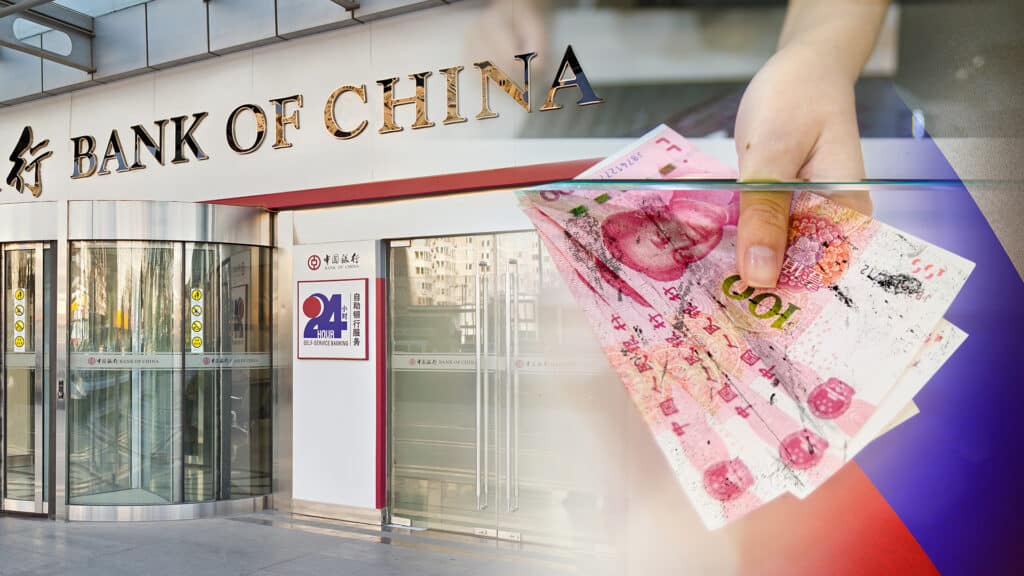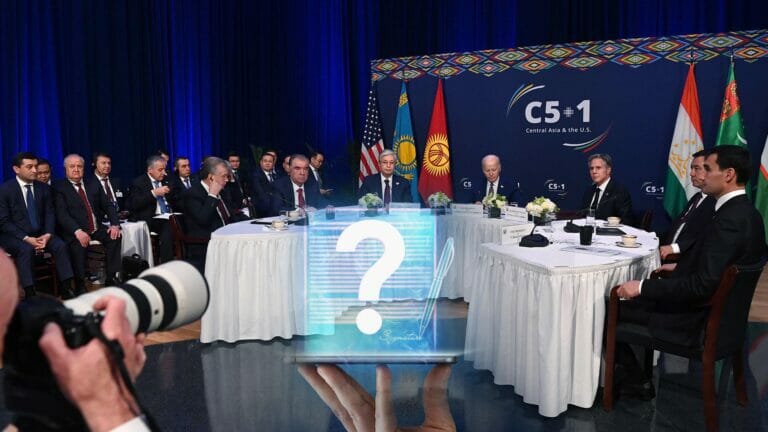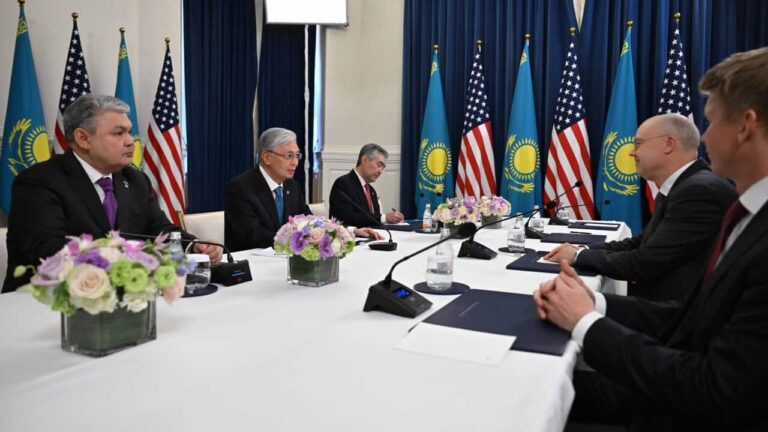
According to Vedomosti, a Russian business edition, some Chinese banks are no longer interested in accepting yuan linked with Russia. Some organizations have even started to divide them into «clean» and «dirty» categories if the money is somehow related to Russia.
As economist Andrey Barkhota explained, Chinese banks consider «dirty» any settlements in the ruble and yuan, as well as conversion transactions through sanctioned Russian financial institutions. For instance, one Chinese bank refused to accept yuan acquired at the sanctioned Moscow Exchange (MOEX), according to Maxim Chereshnev, a member of the Business Russia General Council. As the official explained, Chinese banks have been trying to avoid any yuan somehow linked with Russia, especially after sanctions have been imposed against MOEX.
The situation with «clean» and «dirty» yuan has also been confirmed by two people familiar with the matter as the financial and legal community in Russia is actively discussing the issue. According to Alexey Poroshin, CEO of the First Group consulting company, Russian importers face more and more challenges in clearing their contracts in China as they are forced to search for «clean» yuan.
Pundits point out that Chinese banks can’t track down all the deals with yuan but they can check the origin of the Chinese currency with the help of transactions history. Nevertheless, financial institutions in China feel anxious when dealing with money coming from Russian banks or linked with Russia. Experts interviewed by Vedomosti haven’t ruled out that Chinese banks may request importers to prove that the currency was acquired on platforms free of sanctions.
Experts also believe that the situation is the result of the risk of sanctions Chinese businesses and banks are trying to avoid as trade with the U.S. and Europe is much bigger than turnover with Russia. If the West imposed any sanctions against China, it would cause a collapse of the local economy and the Chinese government is well aware of this, one interviewed expert highlighted. He is convinced that foreign regulators are keeping an eye on any movement of Russian assets.
However, another expert Vedomosti has talked to said that only big banks with international business have concerns over yuan linked with Russia, while small regional banks report an increase in the cooperation between Russia and China.
In order to continue working with Chinese banks, large Russian importers have several options. They can use expensive «clean» yuan, open branch offices in mainland China or Hong Kong or even use a system similar to the Iranian one, when all transactions are conducted without documents. According to one of Vedomosti’s sources, this method is already actively used for various settlements with China.
Experts also told Vedomosti that new clearing platforms for payments between Russia and China may be created along with further simplifying the current procedures. Moreover, Russian importers can purchase yuan from countries in Africa and South America, which have strong trade relations with China.
Finally, Russian businesses may want to rely on banking resources in Central Asia. Many banks in the region accept Russian rubles and convert them into yuan with a 3% to 10% extra charge compared to the exchange rate at MOEX. That being said, banks in Central Asian countries are getting less interested in processing payments from Russian companies, according to RBC, a Russian media outlet. In July 2024, the share of rejected transactions in banks of Kazakhstan, Kyrgyzstan, Uzbekistan and Tajikistan reached 30%.













